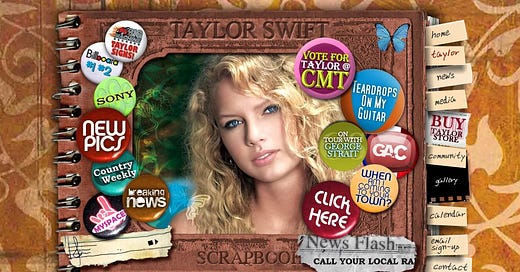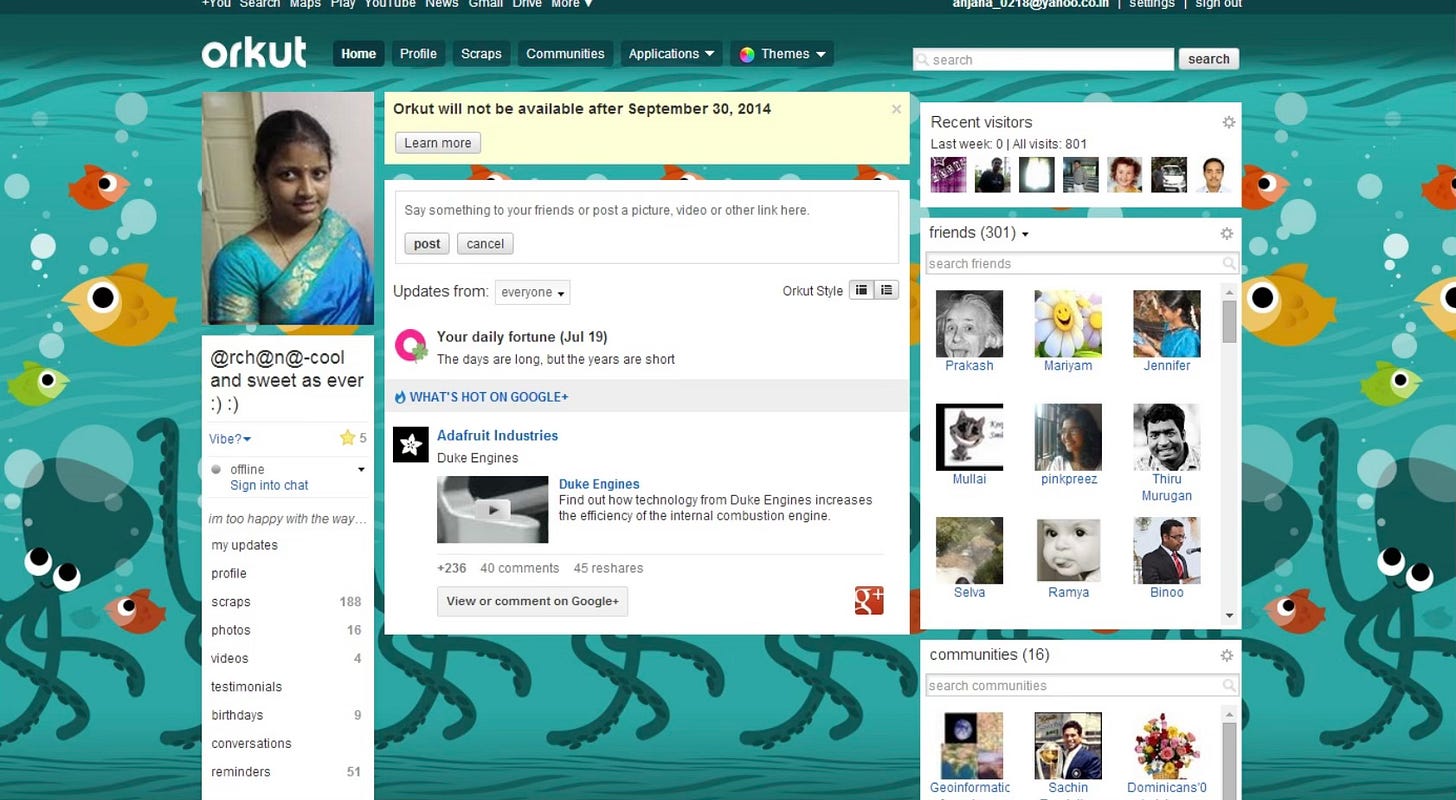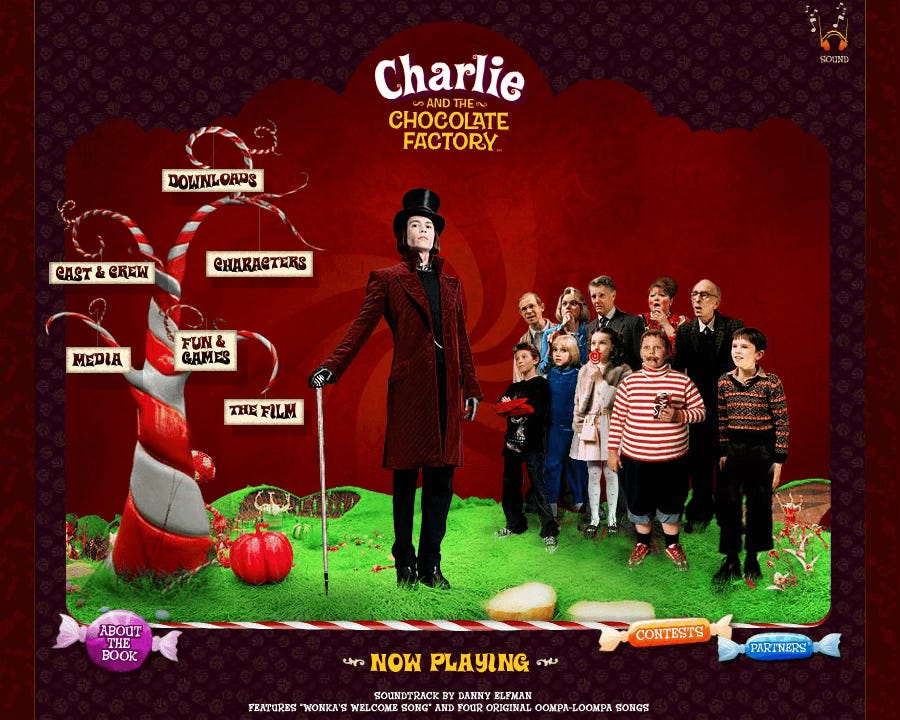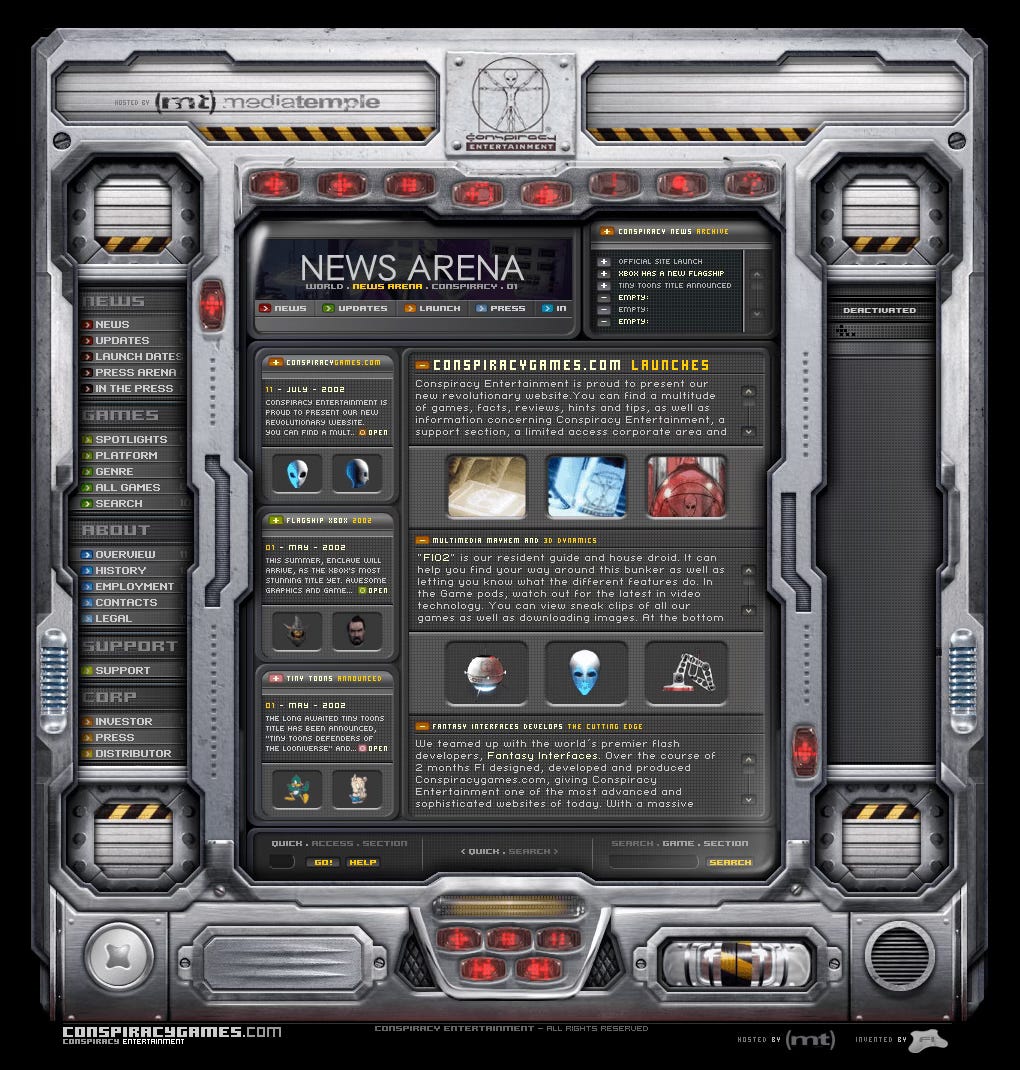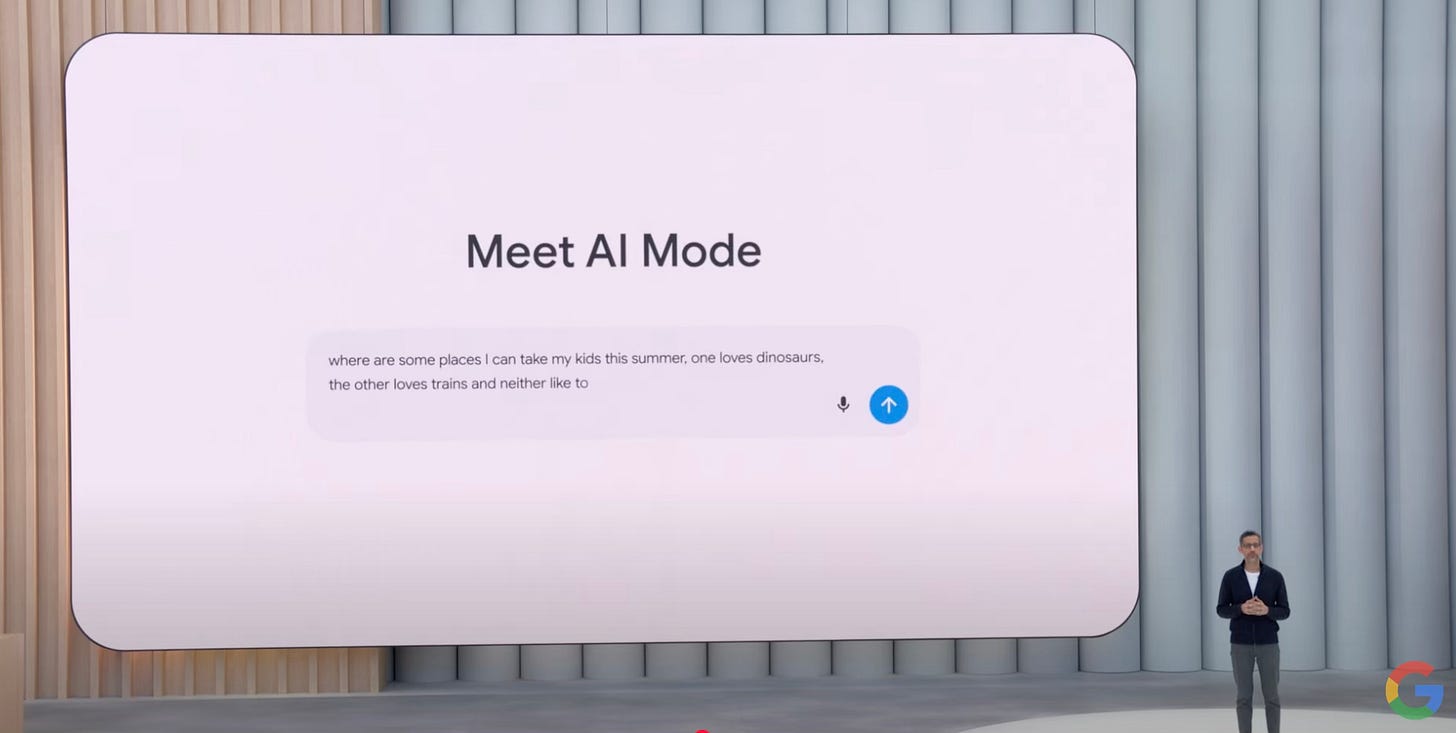I’ll start with an embarrassing confession—I used to spend a lot of time, like most of you here, on Orkut. I had a Tata DoCoMo dongle, and every day after school, I would spend countless hours talking to the same people I had just spent all day with at school. Orkut had communities, which were basically groups centered around specific interests, and I was made an admin of one particular group called “I love walking in the rain 'cause no one knows I'm crying”—or, as it was actually written: 𝓘 𝓵𝓸𝓿𝓮 𝔀𝓪𝓵𝓴𝓲𝓷𝓰 𝓲𝓷 𝓽𝓱𝓮 𝓻𝓪𝓲𝓷 𝓬𝔃 𝓷𝓸 𝓸𝓷𝓮 𝓴𝓷𝔀𝓼 𝓲𝓶 𝓬𝓻𝔂𝓲𝓷..
We all know what happened when Facebook came along. No one used Orkut anymore, and it eventually got shut down, like many other great Google projects. (Miss you, Inbox by Gmail.) Facebook took over our lives, and then we moved on from that too. Now, we live our lives through Instagram stories. We share our curated highs and make sure to use the Paris filter first when sharing our lows.
The internet is nothing short of a miracle. I still find it hard to believe that you can access what I’m typing here whether you’re in Honolulu, Honduras, or Haryana. The internet made that possible for all of us, and our lives were forever changed. But the internet we knew and grew up with is rapidly changing, and I’m not sure how I feel about it.
This is usually my reaction to any new update on something I use daily. Until recently, when I was happily employed, I remember my manager showing us updates on the platform we worked on. I would always hate them at first, then grow to love them within a few weeks. But with the direction the internet is heading, I am pretty certain most of us will dislike it.
The web as we know it won’t look the same. The days of ultra-minimal Wix and Squarespace sites flooding the internet might be over, which I’m grateful for. However, the web also won’t look as glorious as it did about a decade ago, with websites like these -
What will the web look like in the future? To answer that, we need to go back just a couple of days to Google I/O 2025, where they announced agentic behavior across Chrome and integrated Gemini everywhere. Agentic behavior is essentially designed to do all the work for you while you sit and stare at the screen.
They demonstrated the agent searching for good seats, filling out forms, and even generating a user interface with a "Buy Now" button, which you could then use to authenticate the payment via Google Pay.
This made me feel the need to write this piece because all of this eliminates a fundamental way we use the internet: surfing. Google, along with everyone else, will eventually present all the results you need directly as a chat reply. This is something I’m already experiencing. Just yesterday, I realized I now use ChatGPT to ask all my questions, and I barely type anything anymore. I’ve created a shortcut on my phone and just speak to it like I’m talking to a person. Honestly, I even say thank you at the end sometimes, which is kind of crazy because there’s really no need for it.
You may never need to visit another website again. Websites, as we know them, are becoming a dying breed, and there will be a fight to keep them relevant. If everything gets scraped into a chat reply, more and more content will inevitably go behind paywalls. I don’t want to sound like an alarmist. I genuinely appreciate the advancements in technology, and I’m fundamentally optimistic about AI being a net positive for society. But watching this year’s I/O made me realize that the way I use the internet is about to change, and that made me appreciate what we have now even more.
I’ve written before about how everyone should have a website. If not a full site, then at least one page on the internet that is just about you. Now, more than ever, I believe it’s important to leave a mark in this world wide web before everything changes.
love,
tijbed.

